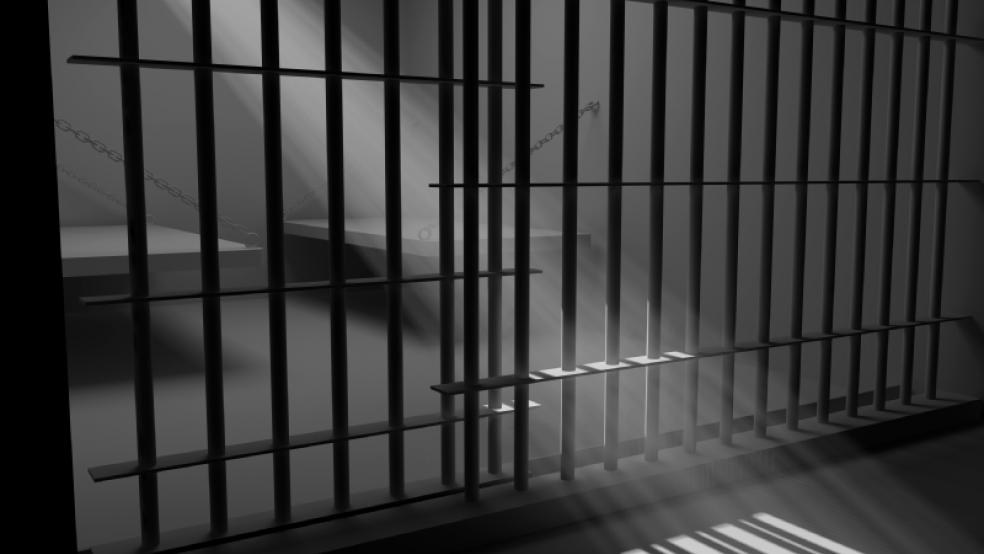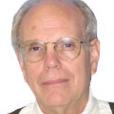The Muslim inmates I encountered in my semesters as an in-prison educator seemed quite committed to having their faith and practice provide a path that would steer them away from the criminal life.
During an English course given at a New York State maximum-security prison in the summer of 2011, I asked inmate-students (men ranging in age from late twenties to early fifties) to imagine what they would be prepared to do if there was another terrorist attack in the U. S. What I heard were pragmatic cost-benefit calculations.
Would there be something “tangible” in it for me?
In the hypothetical, I imagined that hundreds of workers would be needed to assist first-responders coping with a grand-scale tragedy such as the attacks of September 11, 2001. In the days following such a horror, hundreds would be needed to remove massive amounts of rubble that would still be smoldering and sending off toxic vapors that make it hard to see and breathe.
If given the opportunity, I wondered if at least some of the inmates would volunteer to help with the rescue and recovery.
Related: September 11—Revisiting the Human Cost
Initially, I was somewhat taken aback that a number of the inmate-students wanted to negotiate for “reduced time.” Mulling the scenario, such a quid pro quo did not seem unreasonable. Thus, there were inmates who wanted assurances that their family members would receive medical and tuition benefits, and payments that would correspond to annuities.
Their reactions clearly had something to do with the news that Ground Zero rescue and recovery workers who are suffering from cancer and respiratory illness were not immediately deemed eligible to receive government funding for very necessary medical care.
To offset the cynicism of some inmates, I introduced (with permission) the writings of one of their inmate classmates. This 44-year-old, who always tucked himself in a corner of the classroom, made it quite clear he would volunteer in a heartbeat – no guarantees, no conditions, no pre-packaged deals. He had worked for a construction company that had been contracted to remove debris from “the Hole” at Ground Zero.
What he saw and felt had some impact in that prison classroom, and seems worth sharing as we reflect on the attack and aftermath of September 11, 2001.
Related: Boston Bombers Bring Chechnya Style Terrorism to U.S.
September 11
At 7:30 on that fateful morning, the inmate-student began clearing debris at Jacobi Medical Center in the Bronx – making way for a new hospital building. The crew’s work flow was coordinated in part by communications via Motorola two-way radios. Shortly after 9 a.m., the crew noticed that the radios “were no longer displaying any frequencies.”
“The job foreman walked slowly from his trailer, his head down. Didn’t seem like him. His face had this worried and confused look. In a low slow voice, he told us that a plane had crashed into the World Trade Towers.”
The foreman’s sentences were halting and then built to rage. Initially, and understandably, there was disbelief. But as reports negated the possibility that the crash had been an accident, there was disgust, outrage, and talk of revenge.
“We tried to get back to work but it didn’t feel right -- too much disbelief and anger. Then the foreman asked if any of us could be down at the Towers the next morning to pick up around the Towers – to make the streets passable for what he hoped would be close-to-normal work-day traffic of people and vehicles. I volunteered. I suppose I was curious, in addition to being angry.”
Related: Economic Costs of 911—Three Industries Still Recovering
He went on to explain, “We were asked if we had a loved-one who worked in the Towers or nearby. Anyone with a loved-one who might have been at or near the site of the attack was told he could leave immediately and would not be docked a day’s pay. That’s when we knew something very very serious had happened.”
Then Time Stood Still
For eighteen months, this future inmate sifted through and helped load and cart away the remains of the two Towers – and other incinerated remains. He recalls vividly uncovering what he perceived to be pieces of a human torso. He recalls uncovering the shreds of a wallet that might still contain some semblance of identification.
Dutifully, he reported both finds to authorities.
“Somebody needed to know who that flesh and that bone belonged to. Somebody needed to know who that wallet belonged to.”
He brought to class a crinkled much-handled photograph of his hard-hatted self at the WTC recovery and reclamation “hole.” Under the hard hat he wore what appeared to be an insulated ear-flap WW I flight hat. Protection goggles and an OSHA face mask, hung at his chest. An orange reflector vest covered the top of his Carhartt jumpsuit. He takes pride in that look and in what he was asked to do – what he was trusted to do.
Related: Names of 9/11 Victims Echo Across World Trade Center Site
Without a nanosecond’s hesitation, he would trade his thin green prison pull-ons, and the prison atmosphere, for the battered 60-pounds of dusty protective covering he shouldered as he dug and hoisted debris from down at “the hole,” while inhaling toxic air.
He’s serving time for aggravated assault. I don’t know what prompted the assault, or why and how it became aggravated. I didn’t ask him and I didn’t try to look it up.
Can a personal redemption serve to help him redeem his religion?
What is of interest is the thinking that would have him volunteer for any and all service – regardless of the risk.
During Ramadan, he wore a taqiyah. Asked if would set aside the skull cap for a hard hat, for ten-hour work-shifts at a disaster site, he replied with a kind of prayer about rescuing his faith along with his personal reputation.
“I don’ trust the government,’ specially when people at desks decide that people in work boots who gave up their lungs ain’ to receive money to pay for their cancer treatments....
“I think I’d have to go, ’cause them people who flew into the September 11 Towers were not my brothers. I’d volunteer so’s people would think about my religion differently; and think about me differently.”
Three years later, I wonder if he feels the same way. Hope so.
Top Reads From The Fiscal Times:







